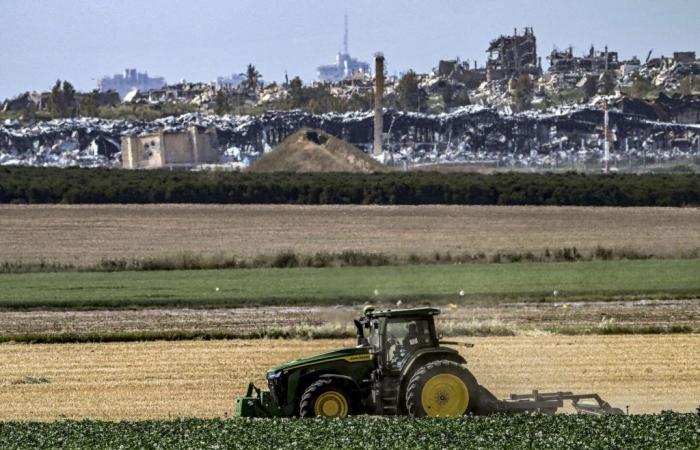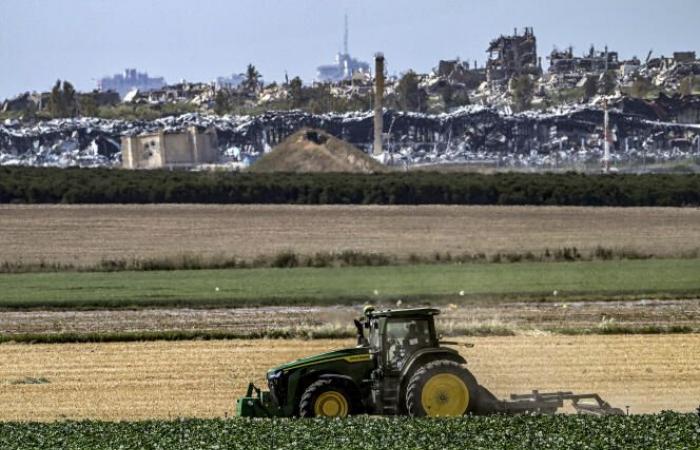The offensive of the Israeli army launched against Lebanon, Tuesday 1is October, after that carried out in Gaza following the terrorist attack perpetrated by Hamas on October 7, 2023, plunges Israel’s economy into uncertainty. While it is still too early to assess the consequences, the Organization for Economic Cooperation and Development (OECD) issued a warning in May: “The opening of a front in the north would halt consumption and further disrupt economic activity, generating a slump similar to that observed at the end of 2023 and considerably exacerbating budgetary pressures. »
Read the story | Article reserved for our subscribers Israeli economy hit by war against Hamas
Add to your selections
As the months go by, the Jewish state’s economy approaches stagnation, even recession, while the risks of a regional conflagration intensify. Growth fell from 6.5% in 2022 to 2% in 2023, and was expected to fall to 1.1% over the whole of 2024, according to the latest government forecasts, made public at the beginning of September. A figure which should be revised downwards again depending on the duration of the conflict in southern Lebanon, the extent of the destruction and the number of reservists recalled to the flags.
The war had an almost immediate effect on the workforce. The suspension of work permits granted to Palestinians and the departures of migrant workers following October 7 caused the proportion of foreigners in the active population to fall, suddenly from 6.7% to 3.5%, causing the The interruption of numerous construction sites – up to 80% of them were stopped in the country.
Intensification of mechanization
According to official figures, 70,000 Palestinians, out of the 300,000 workers in the sector, have not been replaced. At the end of September, the Ministry of Finance announced aid of up to 21,000 shekels (5,000 euros) for each Israeli worker joining construction. Since the start of the war, it has facilitated the arrival of 20,000 foreigners, by signing agreements with countries such as India and Malawi. “The slowdown in the sector is fueling soaring housing prices, and therefore inflation, which is a real problem for Israel”notes Israeli economist Nadine Baudot-Trajtenberg, former deputy governor of the country’s central bank.
In addition, agricultural villages bordering Gaza were deserted, as were orchards in the north of the country, close to Lebanon, which prevented harvests. “Agriculture is experiencing its most serious crisis since the creation of the State of Israel [en 1948] »already declared, in November 2023, Oren Lavi, a senior official at the Ministry of Agriculture. “In a country that lives like an island, the primary mission of agriculture is to ensure food securityconfides, for his part, Uri Dorman, secretary general of the Israeli agricultural federation. However, the lack of manpower still poses a problem, even if the departure of Palestinians has been partly compensated by the arrival of foreigners and volunteers. » But also by the intensification of mechanization.
You have 45.65% of this article left to read. The rest is reserved for subscribers.







